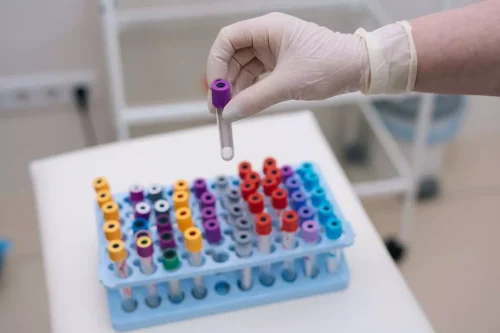
Be prepared to discuss any problems that alcohol may be causing. You may want to take a family member or friend along, if possible. Everyone’s situation is different, and the person with addiction may not have sought treatment or could be refusing treatment and help. The National Institute on Drug Abuse says that addiction is like other diseases, such as heart disease. Both disrupt the typical, healthy functioning of an organ in the body, having severe harmful effects and can lead to death.
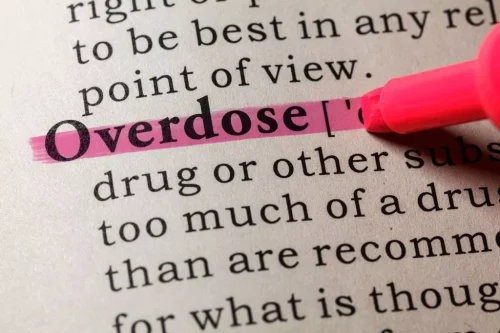
References and Relevant Resources
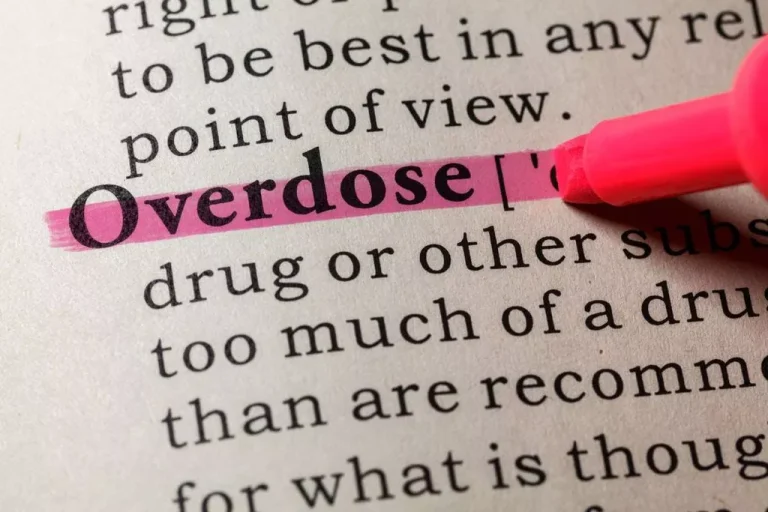
Before sitting down to talk with them (when they’re sober and have time to talk) about your concerns; however, it is helpful to research possible treatment options. Gather resources from doctors, counselors, inpatient alcohol rehab, and outpatient centers. Alcoholics Anonymous® (also known as “AA”) and other 12-step programs provide peer support for people quitting or cutting back on their drinking. Combined with treatment led by health care providers, mutual-support groups can offer a valuable added layer of support.
How to talk to someone about their drinking
- Family and friends often place the needs of their loved one above their own.
- Encourage your loved one to develop new hobbies and interests that don’t involve drinking.
- As previously mentioned, 12-Step models are often utilized as one component in an individual’s customized treatment plan.
- Encourage the person to find healthier ways of coping with life’s problems and rebounding from setbacks without leaning on alcohol.
- Severity is based on the number of criteria a person meets based on their symptoms—mild (2–3 criteria), moderate (4–5 criteria), or severe (6 or more criteria).
We usually experience setbacks along the way, learn from them, and then keep going. Alcohol-related problems—which result from drinking too much, too fast, or too often—are among the most significant public health issues in the United States. Advocating on behalf of people struggling with addiction is brave. It’s also a vital, empowering and health-affirming thing to do. Rather than staying silent and fuming, families that speak up are doing something to make things better.
The History of the 12 Steps of AA
12-step facilitation therapy is an engagement strategy used in counseling sessions to increase an individual’s active involvement in 12-step-based mutual-support groups. Professionally led treatments include behavioral treatments and medications. Private sessions typically follow a skills-based format, in which caregivers learn more about how to deal with destructive thoughts and habits developed during years of addictive behavior. They might learn to meditate to handle stress, or they might work on assertiveness skills. They might do group work involving anger management, or they might learn support for those who struggling with alcohol addiction how to let go of codependent behaviors so they won’t feel responsible for the poor choices of others.
Don’t expect your loved one to overcome a drinking problem alone. Even if they don’t require medical supervision to withdraw safely, they’ll still need support, guidance, and new coping skills to quit or cut back on their drinking. Given the diverse biological processes that contribute to AUD, new medications are needed to provide a broader spectrum of treatment options.

Get help for substance abuse
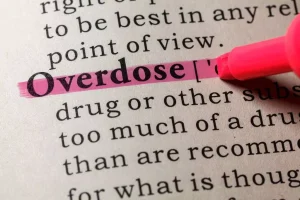
These issues may range from short-term problems like a car accident involving a drunk driver to long-term harm caused by alcohol consumption like liver cancer. Alcohol abuse and addiction are two of the most widespread forms of substance abuse in the world, including in the United States. You likely know someone who struggles with some form of problem drinking, or you may drink excessively and wonder if you should drink less. Residential treatment or “rehab” facilities provide intensive treatment for alcohol abuse or addiction. Your loved one resides at a special facility for 30 to 90 days and receives treatments such as detox, therapy, and medication. Couples and family counseling incorporates spouses and other family members in the treatment process and can play an important role in repairing and improving family relationships.
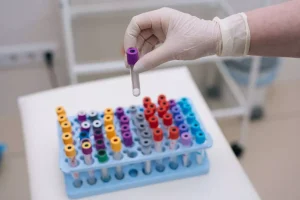
Can People With Alcohol Use Disorder Recover?
- Support from family members and friends can be an integral part of a successful recovery.
- According to the National Institute on Alcohol Abuse and Alcoholism, 13.2% of males and 8.7% of women older than 18 had an alcohol use disorder in 2022.
- Since its origin with AA, the 12-Step model has been adopted and altered by many groups to fit other programs—for addiction treatment and more.
- This guide is written for individuals—and their family and friends—who are looking for options to address alcohol problems.
- The best ways to help a person who is addicted to drugs or alcohol may seem counterintuitive, especially for people who struggle with codependent relationships.
This can lead to feelings of shame and make them less comfortable reaching out for support. After they enter recovery, when it feels appropriate, you can slowly open up more communication with them. Try to understand how substance misuse became a routine part of their life and ask how you can best support them. According to a national survey in 2019, 20.4 million Americans had experienced a substance use disorder over the past year.
- There are some couples who go to treatment together, and it is possible to find rehab centers that will admit both of you at the same time to get addiction help.
- Choose a time when they’re sober, preferably in a neutral place.
- For serious alcohol use disorder, you may need a stay at a residential treatment facility.
AA meetings and similar groups allow your loved one to spend time with others facing the same problems. As well as reducing their sense of isolation, your loved one can receive advice on staying sober and unburden themselves to others who understand their struggles firsthand. Studies suggest that the social connection provided by these groups can help your loved one build confidence in their own ability to avoid alcohol in social situations and support their sobriety.